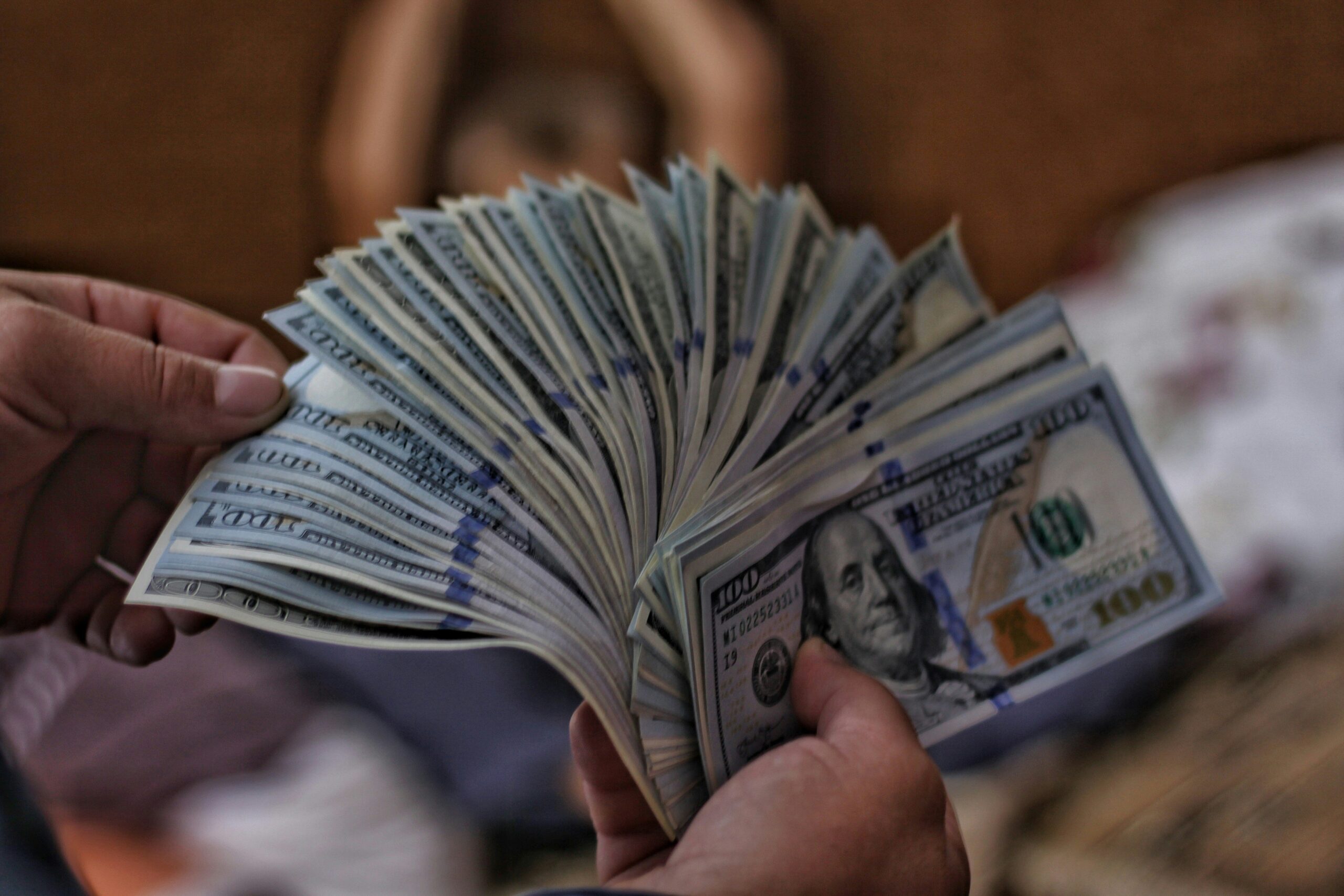Shopaholic Saving Tips

Mar 15 | 2024

Viacheslav Bublyk via Unsplash

Mar 15 | 2024

Viacheslav Bublyk via Unsplash

Feb 01 | 2024

Saving money starts with a budget.
Alexander Grey via Unsplash

When you’re evaluating the benefits of one credit card over another, you have a lot of different factors to consider, including fees, rewards, and interest rates. But does the type of credit card you choose matter at all? Is there any real difference between a Visa and a Discover card with the exact same terms?

Feb 24 | 2020

GoodCall
IT ‘s a simple fact that people change. Sometimes you’re in the middle of your career when you realize you’re no longer the person who chose that lifestyle. Changing careers jobs is one thing, but switching careers mid-stride presents conflicts in both the short- and long-term. You don’t necessarily have to start over at an

Congratulations! You’ve Ubered and Grubhubbed and online-shopped your way into credit card debt. Now you’re an adult who’s incurred enough debt to make a credit card company very frustrated with you. Welcome to the maxed out club! The first time you realize that you’ve maxed out a credit card, you may panic, but there are

Mar 27 | 2019

With finances being one of the most common sources of stress, anxiety-induced habits of negative self-talk and pessimistic thinking can affect how you deal with your money situation. As common as budgeting problems are, how you approach your personal finances can have a powerful effect on your money management. From second-guessing your expenses to internalizing

Consolidated Credit
Sometimes your spending spirals out of control. Once you realize that you’ve lost control of your debt, you need a plan of action to get your finances back on track. No matter what situation you’re in, the relief of a debt-free life is a feasible goal. Take these simple steps to assess and then improve

Feb 14 | 2019

After the 2008 financial crisis, 465 banks failed between 2008 and 2012. Only 10 banks failed in the five years leading up to 2008. Over 10 years later, the big banking industry hasn’t collapsed, but public trust in the sector has been irrevocably damaged by the institutional failure of the financial crisis. As an alternative,

Feb 11 | 2019

Mattermark.com
Everyone wants to save money, but life on a strict budget can start to feel like an exercise in misery. But living paycheck to paycheck is also exhausting, so how can you save money without making life boring? To help you with this balance, we’ve gathered the easiest tips and tricks for saving money with

Blinq Blog
Unless you’re Mackenzie Bezos or ex-husband Jeff, chances are you budget your money. You know how much of your monthly income you want to spend on groceries, rent, and leisure, and maybe you even put a portion of each paycheck in savings. But what about budgeting for a specific goal? Is it a short-term or